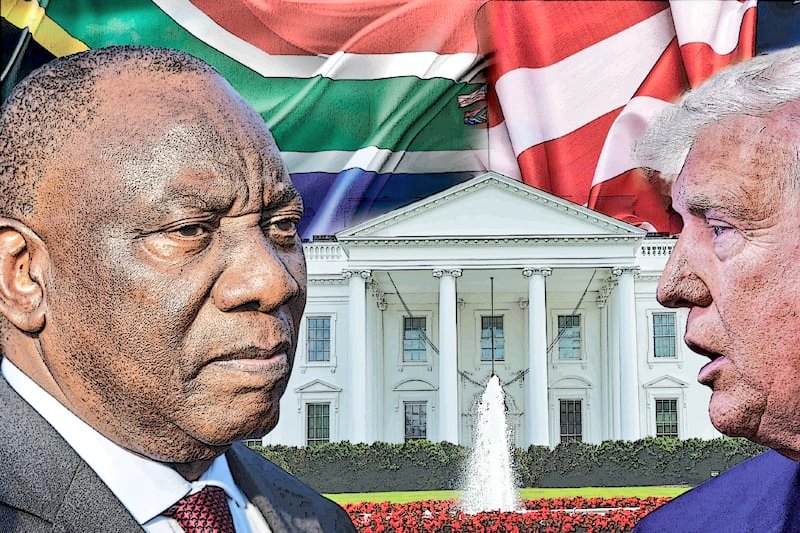JOHANNESBURG — Tensions are rising ahead of South Africa’s hosting of the G20 Leaders’ Summit, as the United States has reportedly pressed Pretoria and other member states to delay or block any declaration that it has not signed off on—raising concerns about Washington’s attempt to influence the summit’s outcomes.
According to a report by the Sunday Times, the US delegation, led by President Donald Trump, has urged South Africa not to finalise the summit communiqué without prior American approval. Diplomatic sources cited by the report say Washington has also been lobbying allied nations behind closed doors, encouraging them to reject consensus on major resolutions unless the US position prevails.
Analysts say the move reflects a broader pattern in American foreign policy in which African-led initiatives are met with scepticism or obstruction. Critics argue that the pressure campaign reveals lingering Western discomfort with Africa playing a leading role in global governance.
“It is an attempt to strong-arm a sovereign nation simply because it cannot stomach an African country chairing the world’s most influential economic forum,” one analyst said.
China and Xi’s Strategic Support for Africa
The geopolitical backdrop also involves Beijing’s growing influence on the continent. President Xi Jinping has strongly backed South Africa’s G20 presidency, viewing it as part of a wider effort to elevate the Global South in multilateral institutions. China has repeatedly positioned itself as a partner to Africa on issues of development finance, trade, and governance reforms at bodies such as the IMF, WTO, and United Nations Security Council.
Diplomatic officials say Xi sees Africa’s leadership in the G20 as symbolic of shifting global power balances, particularly as BRICS expands and China strengthens ties through programmes like the Belt and Road Initiative.
Beijing has publicly supported South Africa’s right to preside over the summit without external interference, emphasising respect for national sovereignty and multilateral consensus-building.
A Shifting Global Order
South African officials have not publicly confronted Washington’s alleged pressure, but commentators argue that the controversy highlights declining Western dominance over global economic forums.
“Africa is charting its own path—and no amount of American intimidation will reverse that reality,” a senior diplomatic observer noted.
With South Africa preparing to host world leaders, the summit is expected to become a major test of emerging geopolitical alliances and Africa’s increasingly assertive role in shaping international policy.
